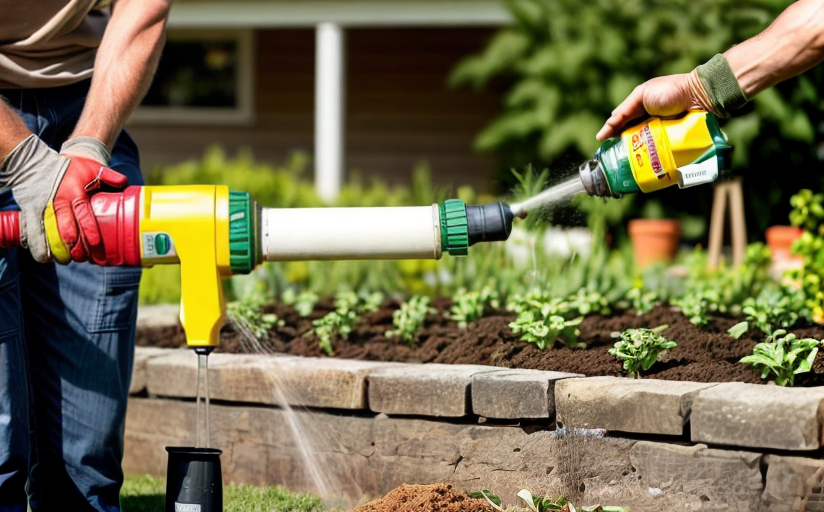Exploring the Use of Pesticides and Chemical Fertilizers in Home Gardening: Pros, Cons and Sustainable Alternatives
The increased interest in home gardening has sparked important discussions on the use of pesticides and chemical fertilizers. These substances offer short-term advantages, yet also yield significant disadvantages. This article aims to comprehensively discuss these considerations, guidelines, regulations, and propose safer option.
Advantages of Pesticides and Chemical Fertilizers
Pesticides play a critical role in preventing or reducing plant diseases and pest infestation, thus enhancing productivity. Chemical fertilizers, on the other hand, provide essential nutrients that foster plant growth and improve yields.
Disadvantages
Impact On Plant Health and Soil Fertility
Over time, the frequent usage of pesticides and chemical fertilizers can lead to soil degradation, making it less arable and hospitable to plants. Moreover, these chemicals can form a residual layer, causing plants to be less immune to diseases and pests in the long run.
Environmental Impact
The off-target movement of pesticides not only affects the garden but also the surrounding ecosystems. They can harm beneficial insects, cause water pollution through run-off, and bioaccumulate in animals. Similarly, excessive nitrogen and phosphorus from fertilizers can pollute water bodies leading to oxygen depletion and loss of aquatic life.
Human Health Implications
If improperly used or handled, pesticides and fertilizers can present significant health risks including skin irritations, respiratory problems, and even chronic diseases like cancer in extreme cases.
Common Types of Substances
Insecticides (e.g., Sevin, Pyrethrin), herbicides (Roundup), and fungicides (Chlorothalonil) are common categories of pesticides. Synthetic fertilizers usually come in three main types: Nitrogen, Phosphorous, and Potassium (NPK).
Safer and Sustainable Alternatives
Organic pesticides like neem oil, insecticidal soaps, and diatomaceous earth offer a safer choice. For fertilizers, homemade compost and animal manures enrich the soil naturally without harming the environment.
Guidelines for Usage and Government Regulations
Using pesticides and fertilizers requires strict adherence to the manufacturer's guidelines regarding handling, application rates and timings. According to EPA, the Federal Insecticide, Fungicide, and Rodenticide Act (FIFRA) governs the distribution, sale, and use of pesticides. Fertilizers, however, are not federally regulated and thus each state has its own set of rules.
Home gardening is a rewarding endeavor that can also contribute to environmental conservation. By opting for safer and more sustainable alternatives to pesticides and chemical fertilizers, gardeners can protect their health, the health of their garden, and the wider environment.

















Comments
Leave a Comment